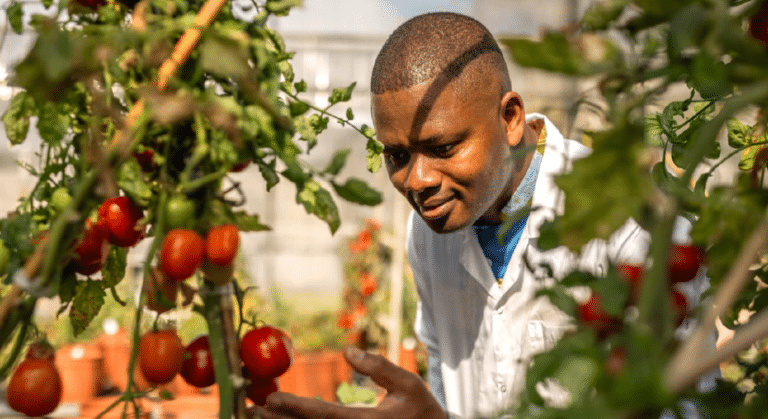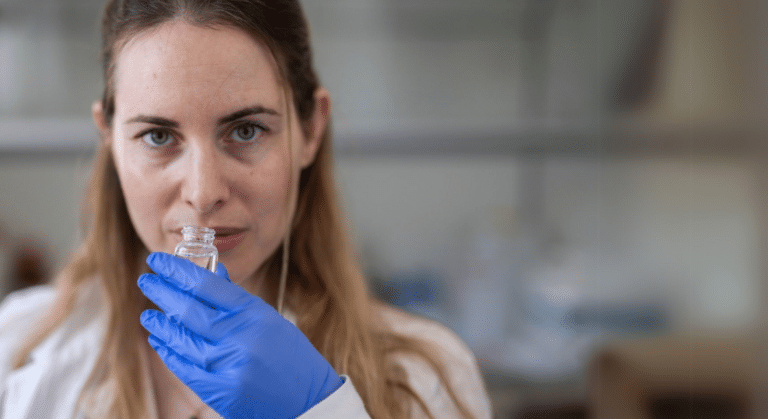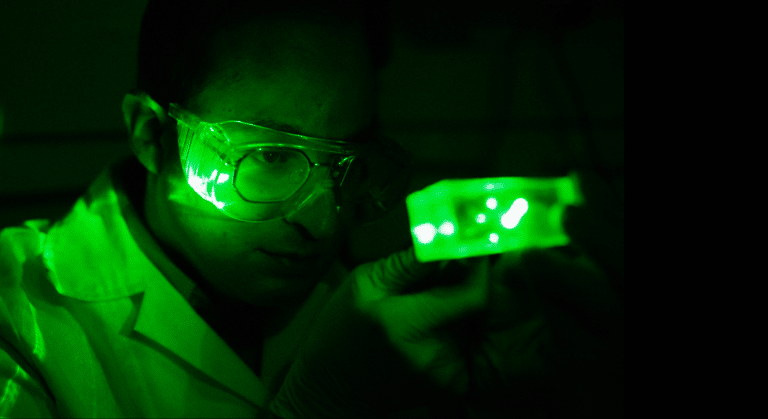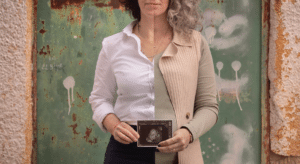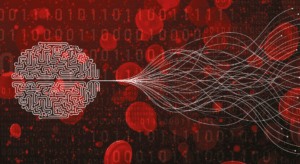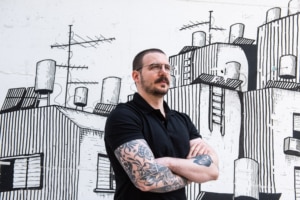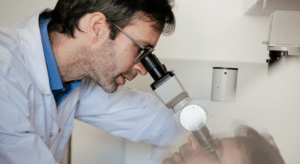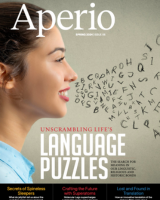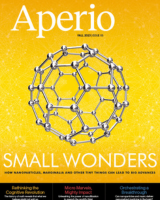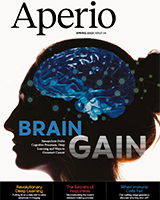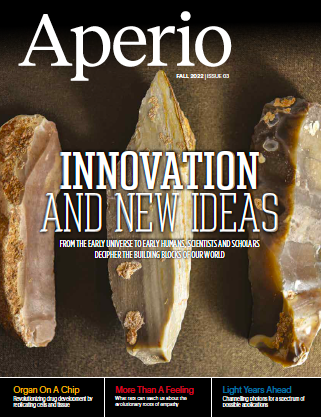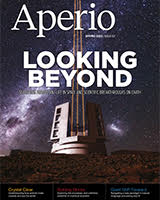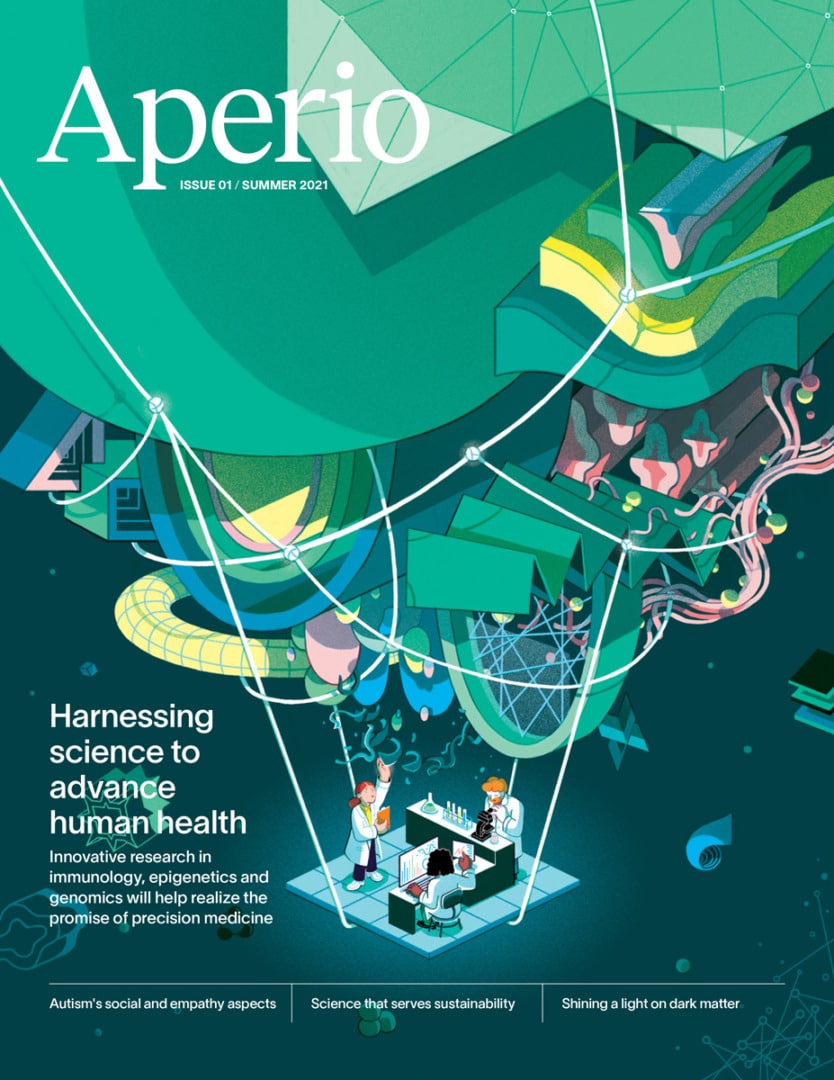Featured in this issue
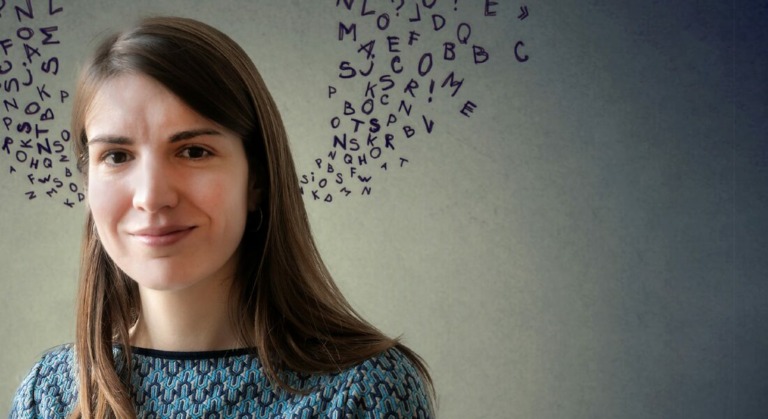
What Are All Our Mother Tongues Trying to Tell Us?
The capacity for language is one of our most impressive cognitive abilities. How did it develop?
By Dan Falk
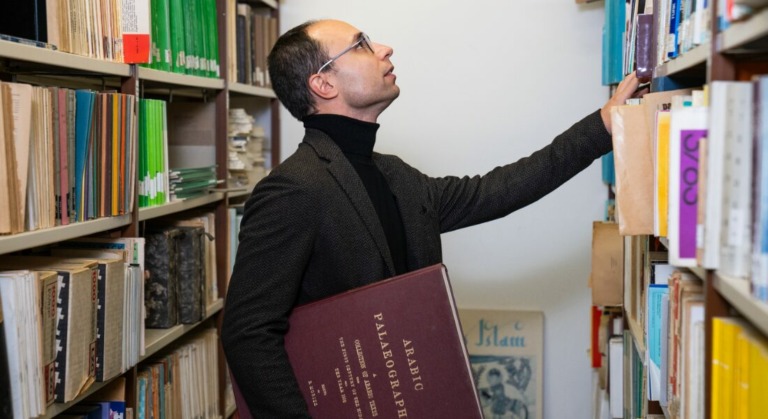
Sifting the Clues to the Caliphates
What can papyrus patterns say about the lightning-fast growth of Islam in the seventh and eighth centuries?
By Jeff Bolichowski
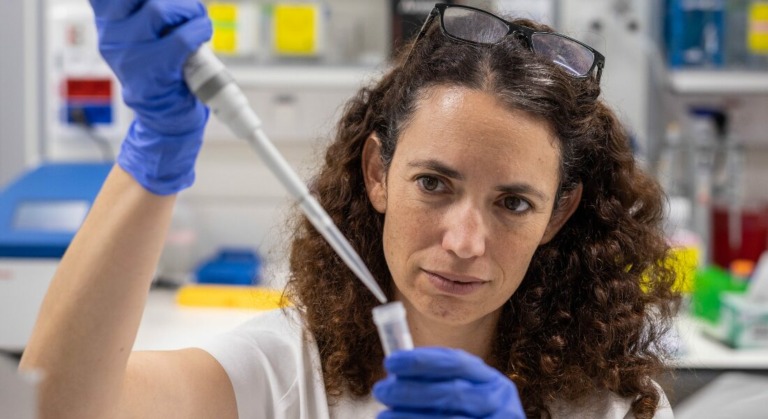
Giving Tumours an Image Makeover
Using advanced imaging technology, systems biologist Leeat Keren opens a window on life in the cellular world
By Kurt Kleiner
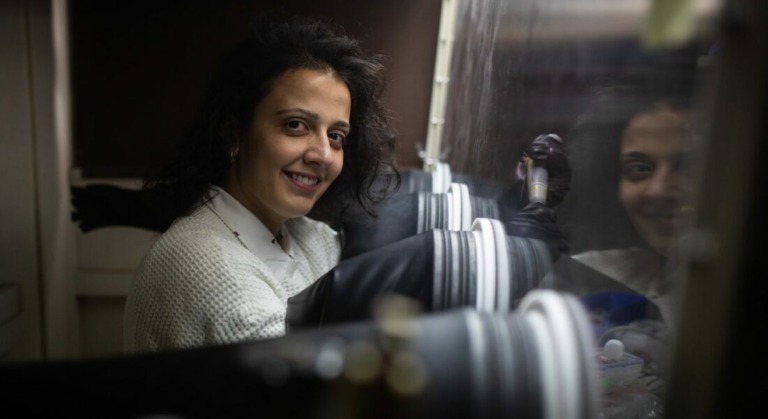
Molecular Lego
Clusters of atoms can be fitted together like building blocks to supercharge sustainable energy, quantum computing and a whole lot more
By Ty Burke
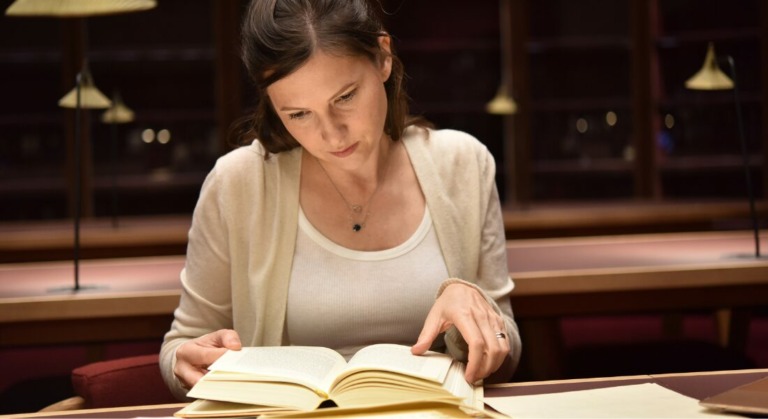
Lost in the Past, Found in Translation
An innovative translation of the Bible opened a new vista on the world’s most famous story. Now we’re learning how it was done.
By Alan Morantz
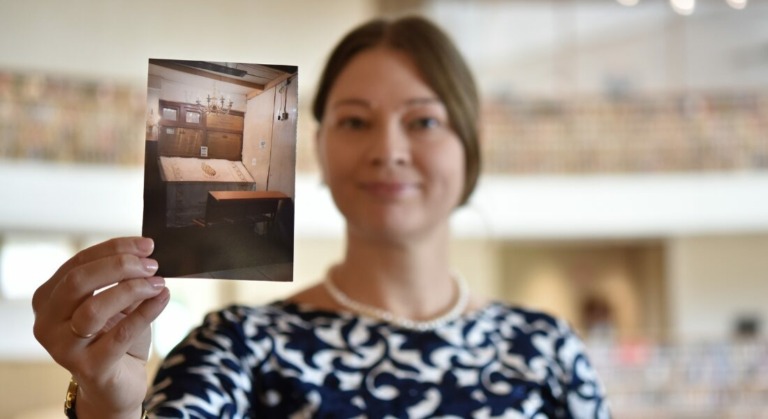
Journey Beyond Tradition
How women are redefining pilgrimages in a heartland of Jewish history
By Katharine Lake Berz and Alan Morantz
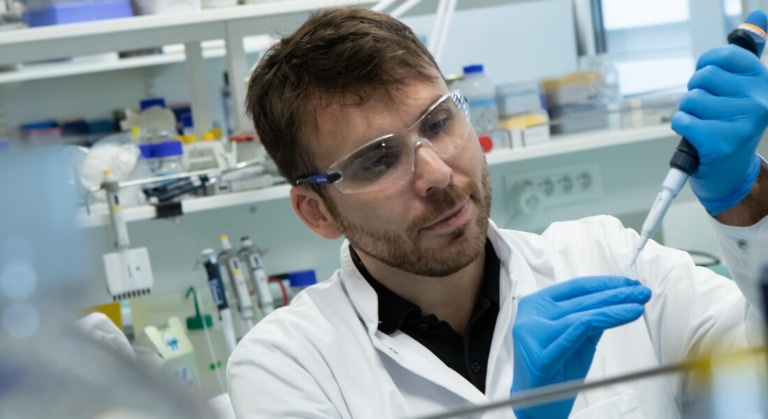
What are the Secrets of Spineless Sleepers?
By eavesdropping on snoozing jellyfish, researchers begin to understand the evolution and purpose of sleep in the animal kingdom
By Zac Unger
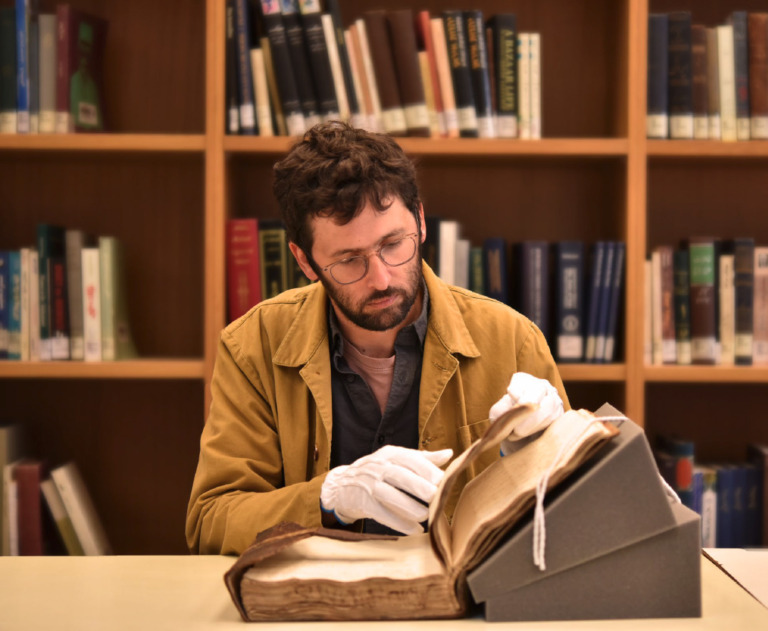
Think Again
An examination of the evolution of mathematical practices reveals that accepted accounts of the great cognitive shift might not add up
By Simon Lewsen
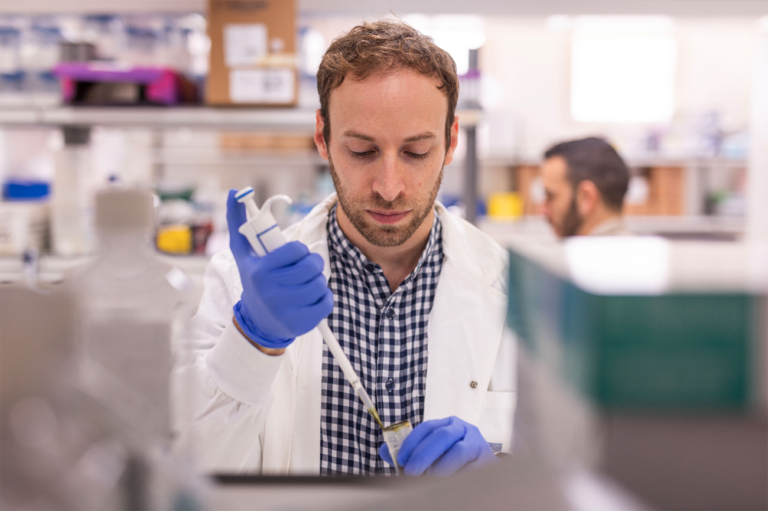
Why Don’t Immune Cells Fight Cancer?
Using cutting-edge genomics and creativity to stop immune cells from switching off upon entering tumours
By Dan Rubinstein
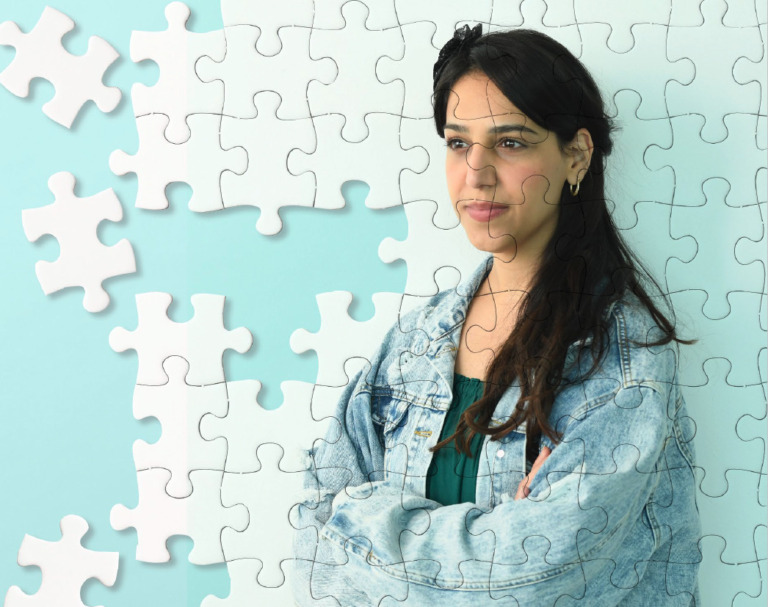
Piecing Together the PTSD Puzzle
How deconstructing trauma could help doctors come up with more targeted treatments
By Wendy Glauser
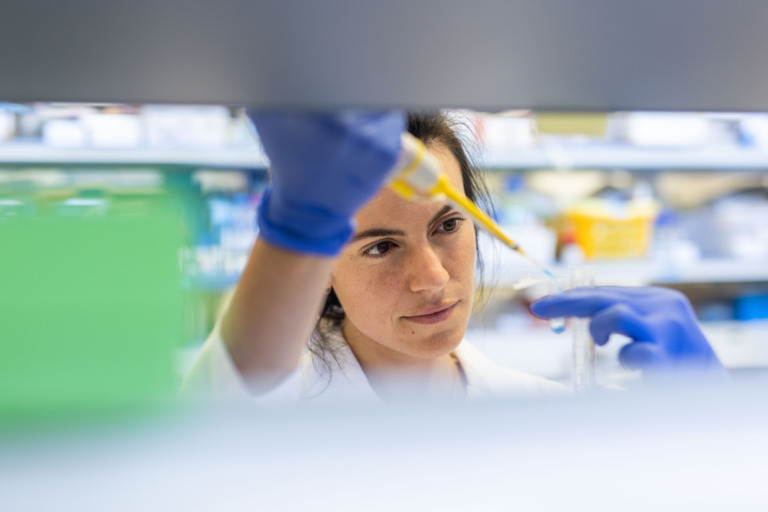
Orchestrating a Cure
How nanoparticles and music harmonize to get medicine through the blood-brain barrier
By Diana Kwon
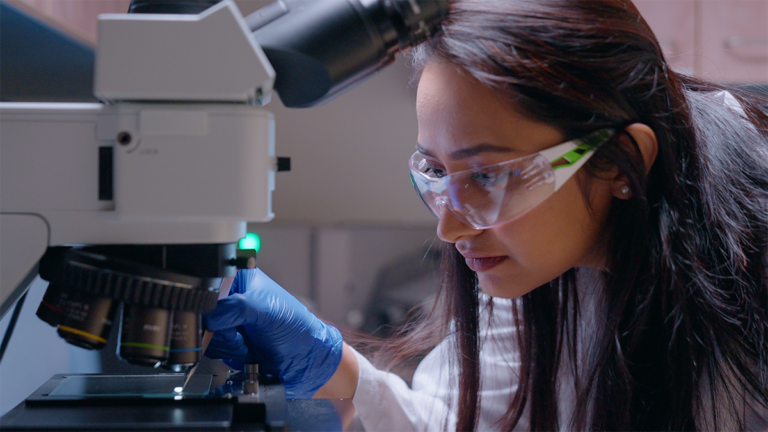
Micro Marvels, Mighty Impact
Unleashing the power of nanofiltration to quench the world's thirst.
By Zac Unger
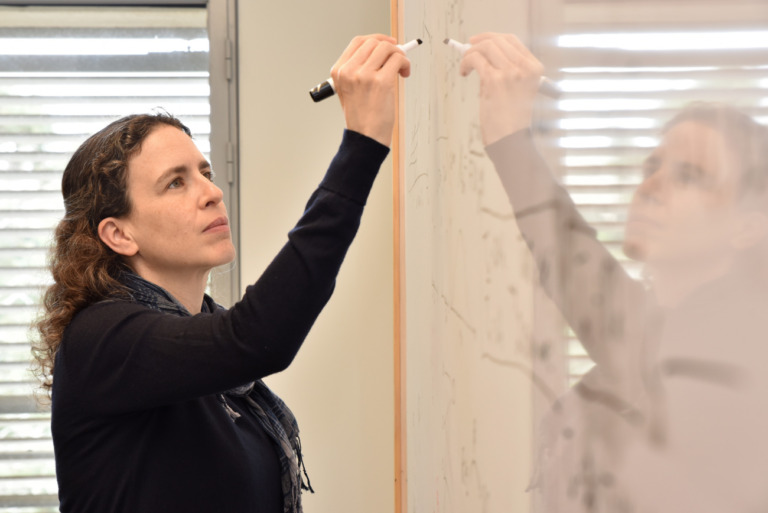
Looking for Lost Layers of Information
Can we computationally recover spatial and temporal data about cellular behaviour to better understand complex biological systems?
By Dan Rubinstein
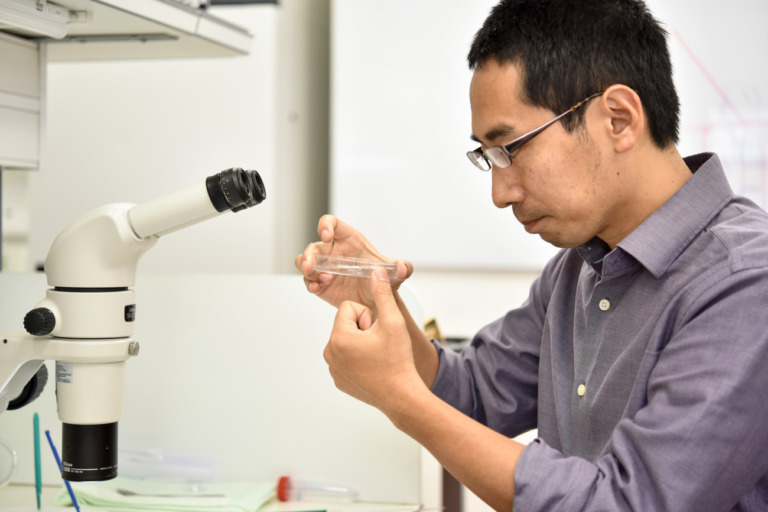
Could the Brain of a Tiny Fish Help Spark a Big Advance?
Novel neuroscience research explores the potential of psilocybin for treating depression.
By Ty Burke
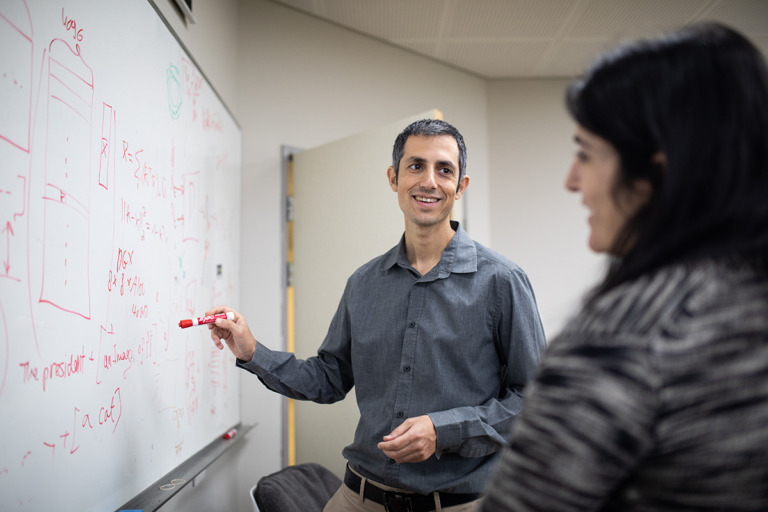
Chatbots Say the Darndest Things
Neural networks are becoming more human-like and powerful, but we still don’t really understand how they work.
By Dan Falk

A Blueprint for the Hospital of the Future
Revolutionary new directions in remote health care design
By Alison Motluk
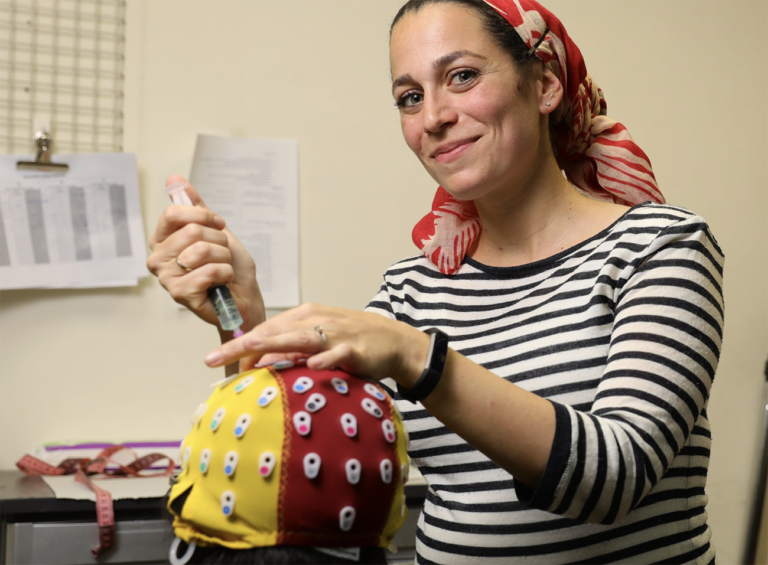
Good Vibrations
By deconstructing the brain’s decision-making process, can neuroscientists unravel the secrets of happiness?
By Alex Hutchinson
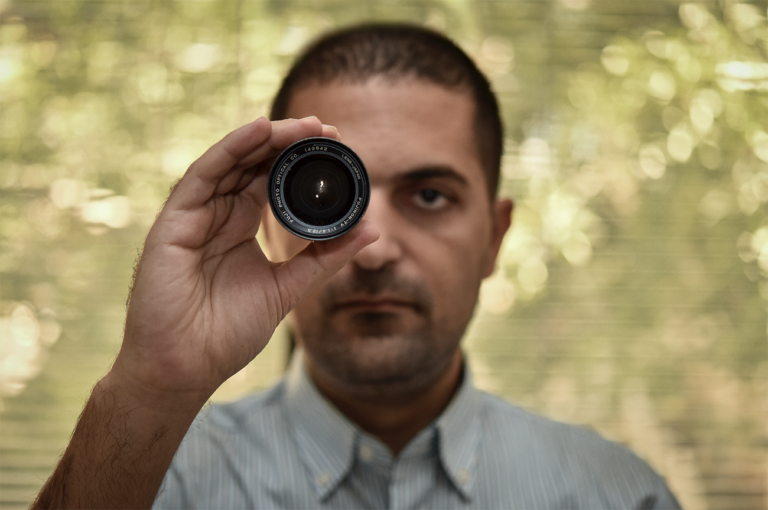
Picture Imperfect
How deep learning with less data can drive a huge leap in computer imaging and optical systems
By Zac Unger
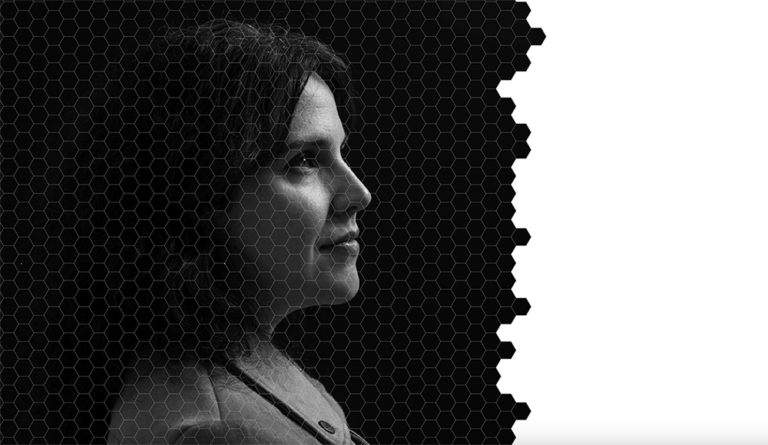
New Frontiers for Two-Dimensional Materials
Unleashing the potential of graphene and other nanomaterials can change the world
By Ty Burke
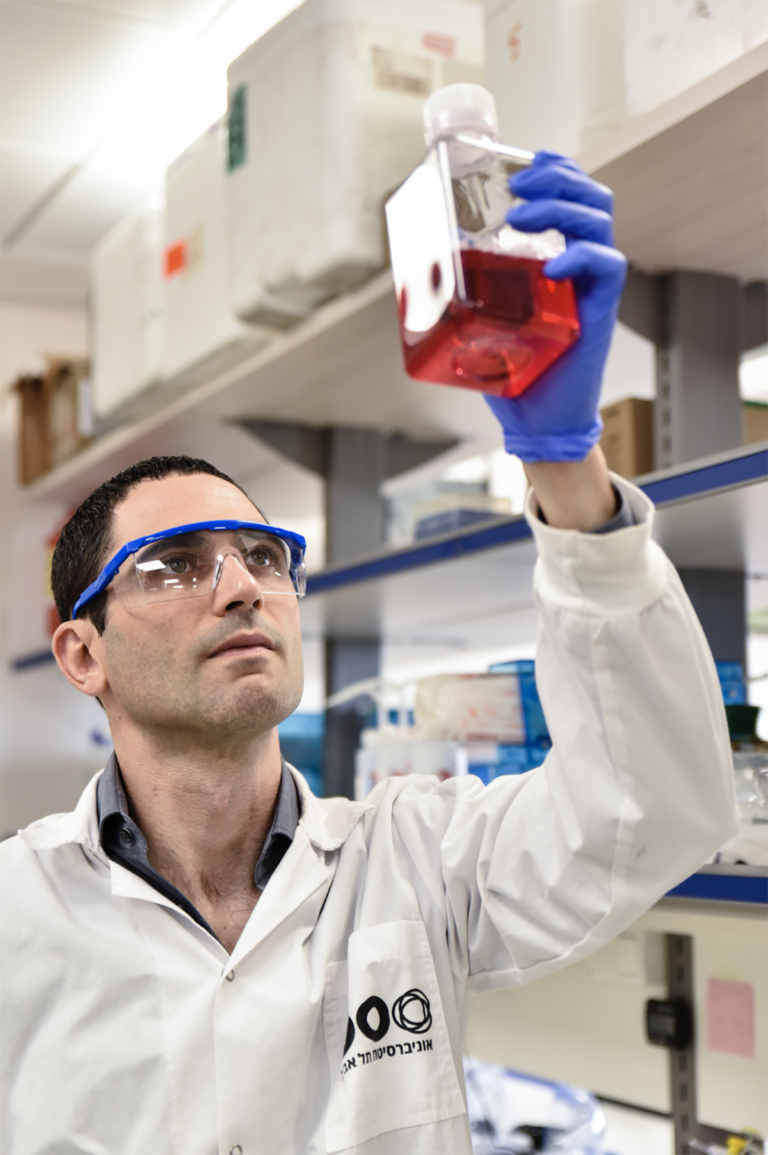
The Great Divide
Solving the mysteries of chromosomal abnormalities could hold the key to precision cancer treatments
By Simon Lewsen
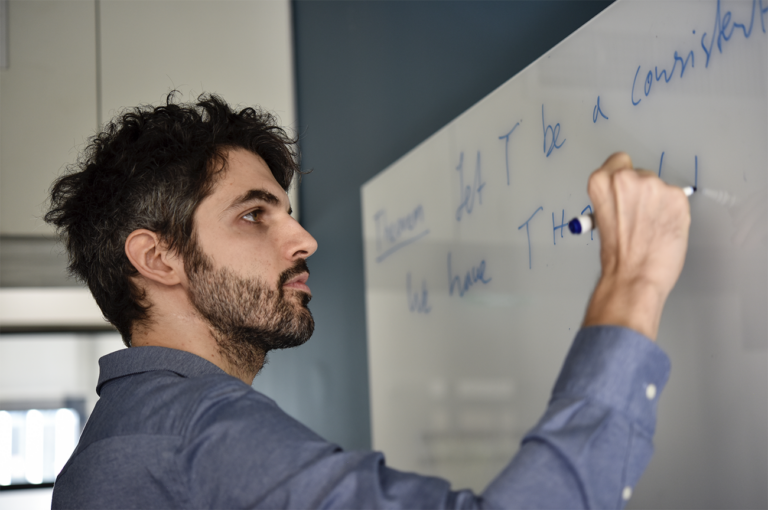
The Boundaries of Possibility
A philosopher explores the limits (and potential) of mathematics
By Dan Falk
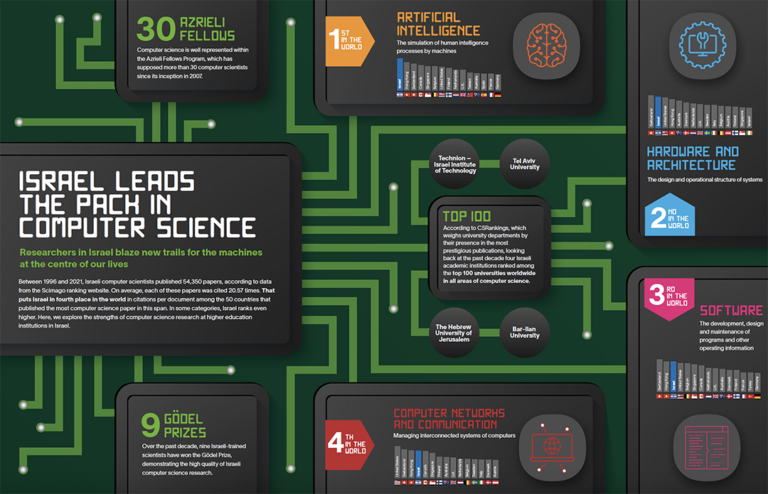
Israel Leads the Pack in Computer Science
Researchers in Israel blaze new trails for the machines at the centre of our lives
By the Azrieli Fellows Program
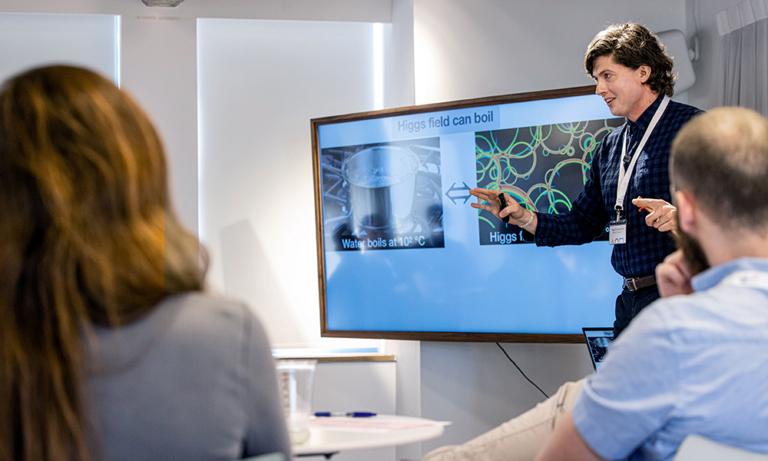
Cosmological Archaeology
Yann Gouttenoire looks deep into the past for hidden clues about the birth of our universe
By Dan Falk
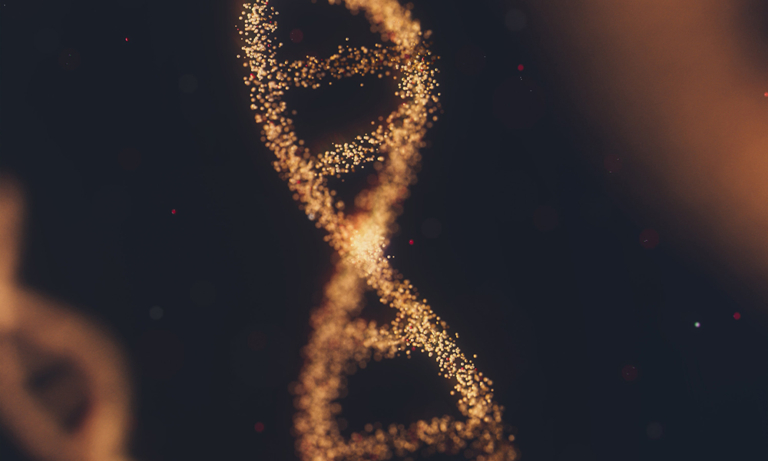
Dark Side of the Genome
Juan Pablo Unfried explores the important role of a specific strand of ‘junk DNA’ in both health and disease
By Diana Kwon
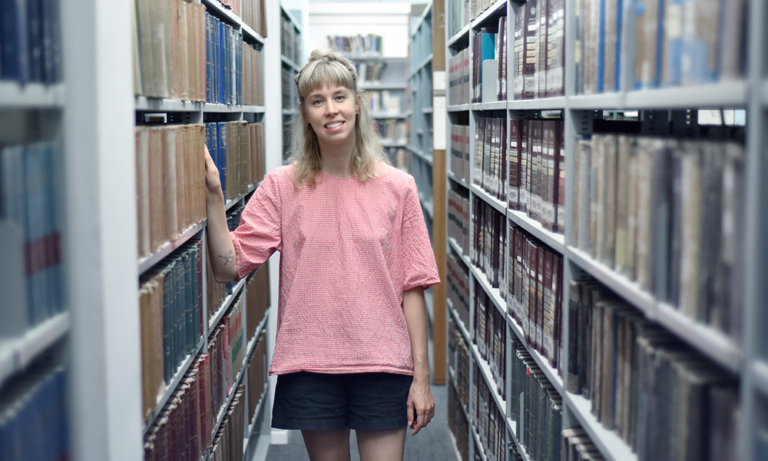
Gone But Not Forgotten
Legal scholar Jasmin Wennersbusch uses human rights theory and private international law to reclaim human rights in cyberspace
By Lisa Gregoire
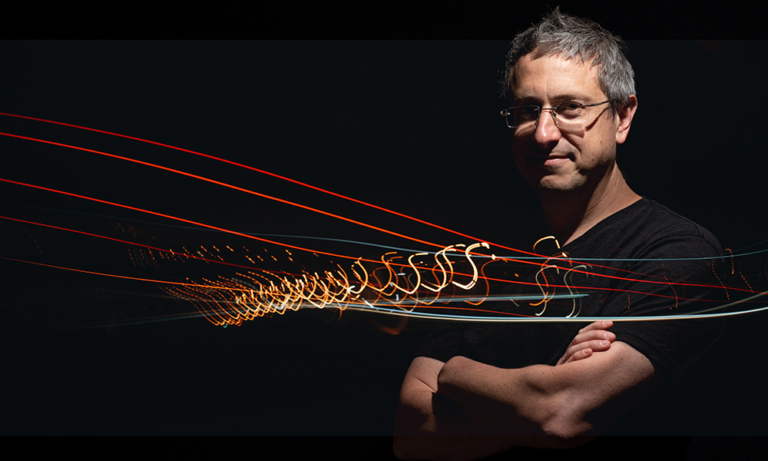
Light Years Ahead
Physicist Mikael Rechtsman wants to channel photons for a spectrum of possible applications
By Zac Unger
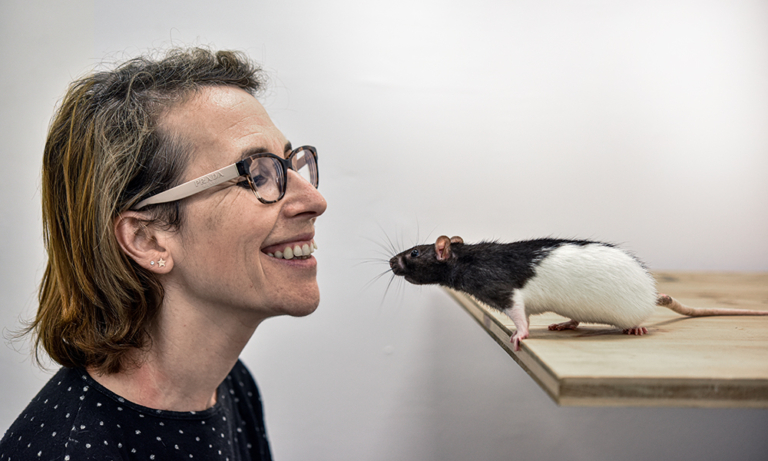
More Than a Feeling
Neuroscientist Inbal Ben-Ami Bartal studies rats to learn about the evolutionary roots of human empathy
By Kurt Kleiner
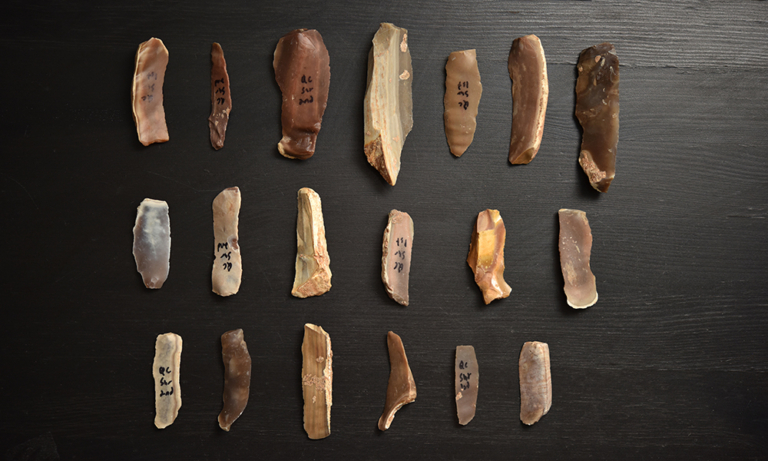
Not Just Child’s Play
Archaeologist Ella Assaf Shpayer studies prehistoric stone tools for clues about innovation and the dissemination of new ideas
By Alex Hutchinson
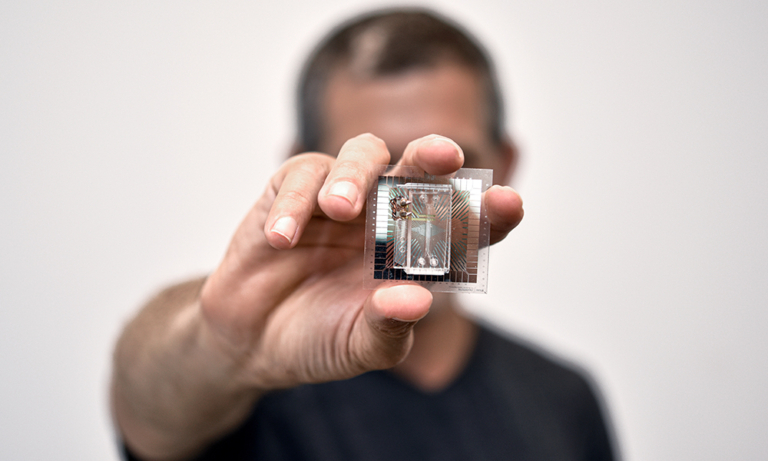
Out of Body Experiences
Ben Maoz wants to revolutionize drug development by replicating human organs on chips
By Zac Unger
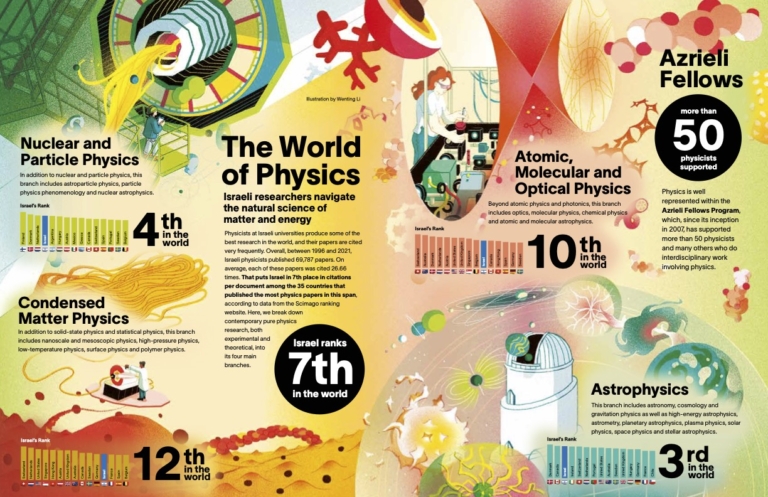
The World of Physics
Israeli researchers navigate the natural science of matter
By the Azrieli Fellows Program
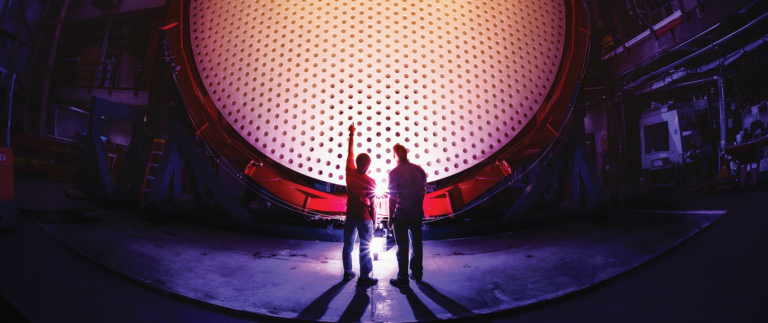
Eyes In The Sky
Astrophysicist Sagi Ben-Ami builds instruments to probe the origins of the universe and search for distant life.
By Dan Rubinstein
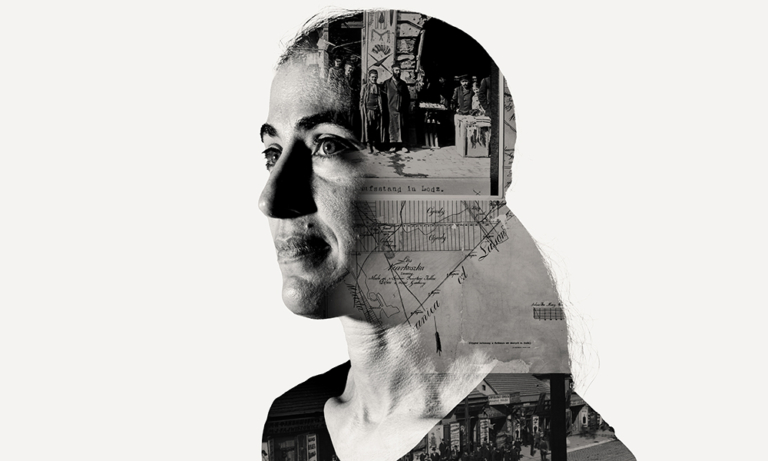
Woven Together
Architect-turned-historian Ruthie Kaplan explores cross-cultural connections and the ghosts of a vanished community
By Dan Rubinstein
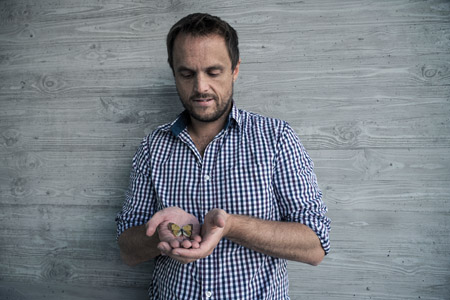
Crystal Clear
Benjamin Palmer explores how animals make crystals and manipulate light, with an eye toward creating novel organic materials
By Zac Unger
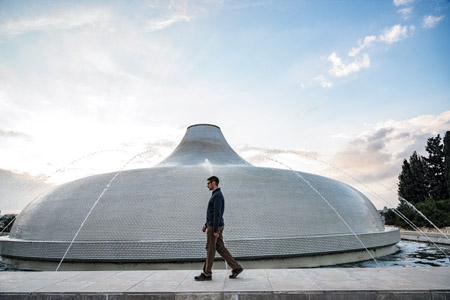
Unlocking the Voices of the Dead Sea Scrolls
Michael Johnson uses new digital tools to shine a light on a key period of religious development
By Chris Wiebe
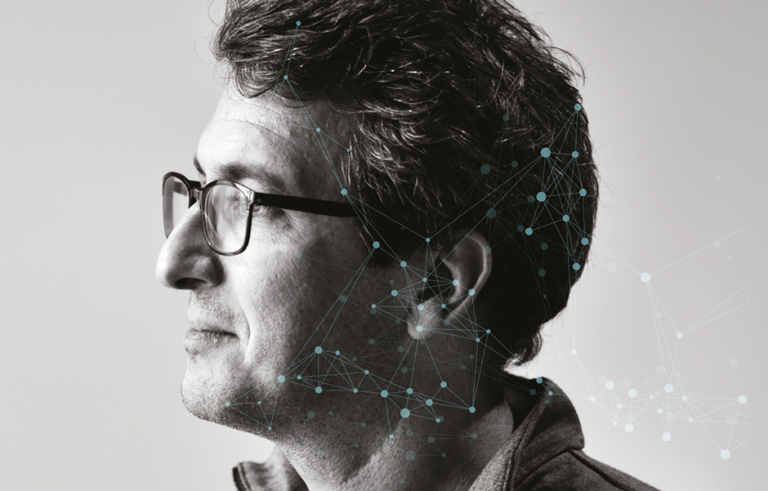
Giant Shift Forward
Jonathan Berant navigates a new paradigm in natural language processing and artificial intelligence.
By Alex Hutchinson
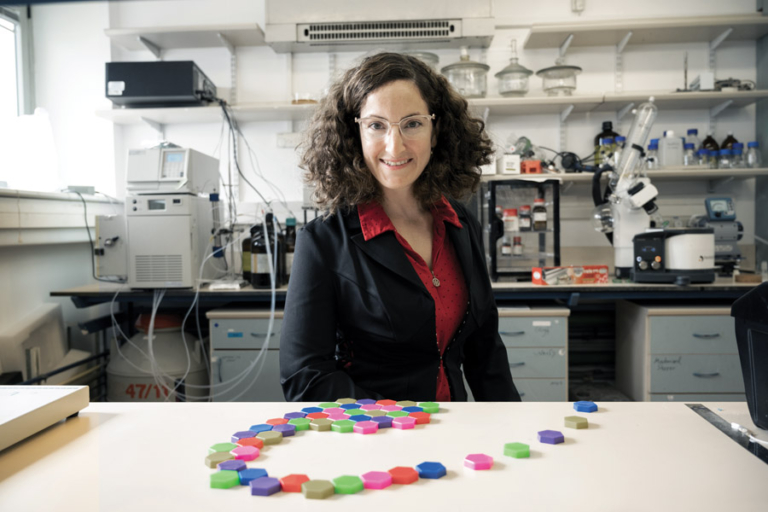
Building Blocks
From the origins of life to a new approach to pharmaceuticals, Moran Frenkel-Pinter explores the processes and potential of chemical evolution.
By Brian Owens
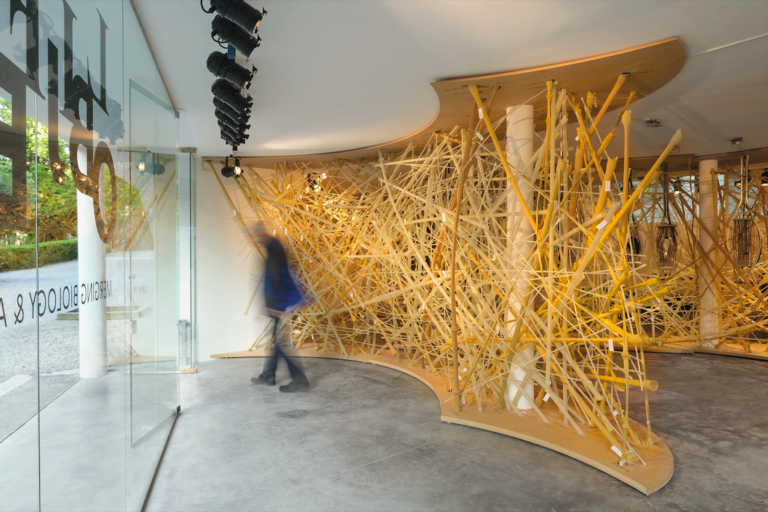
Breaking The Mould
Architect Arielle Blonder has a radical vision for the future of architecture - not about how we design buildings but how we fabricate the materials we build them with. And it begins with smashing the mould.
By Lisa Gregoire
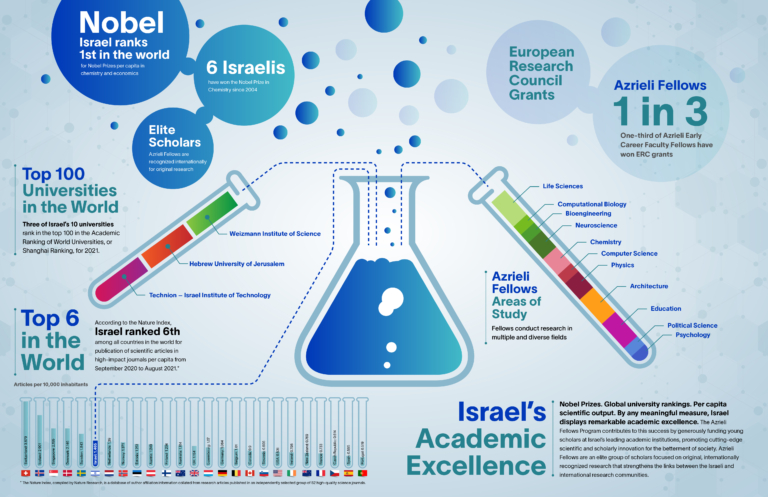
Israel’s Academic Excellence
Nobel Prizes. Global university rankings. Per capita scientific output.
By the Azrieli Fellows Program
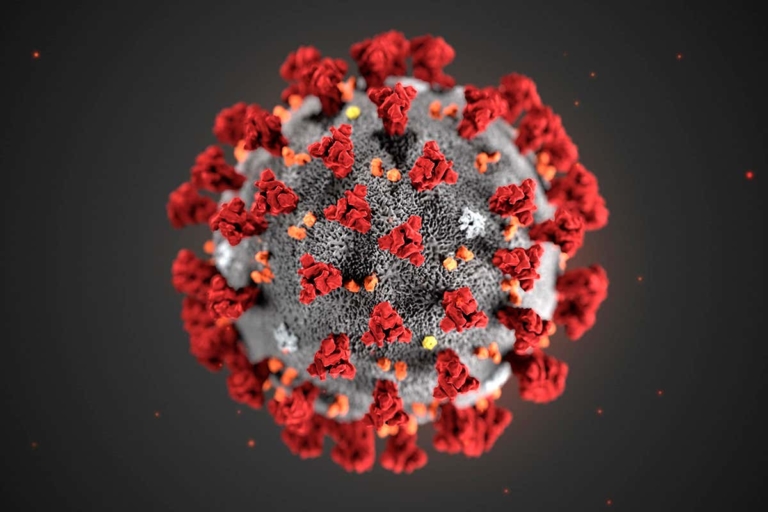
Tracking COVID-19’s Spread with Genetic Sequencing
When the COVID-19 pandemic began engulfing the globe, one of the top questions among researchers in relevant fields was: how do we stop the spread of this aggressive virus?
By Sharon Aschaiek

The Heart of the Helping Relationship in Social Work
Social work is often viewed as transactional— as a service that facilitates access to housing, food, employment or other vital services for people in need.
By Sharon Aschaiek
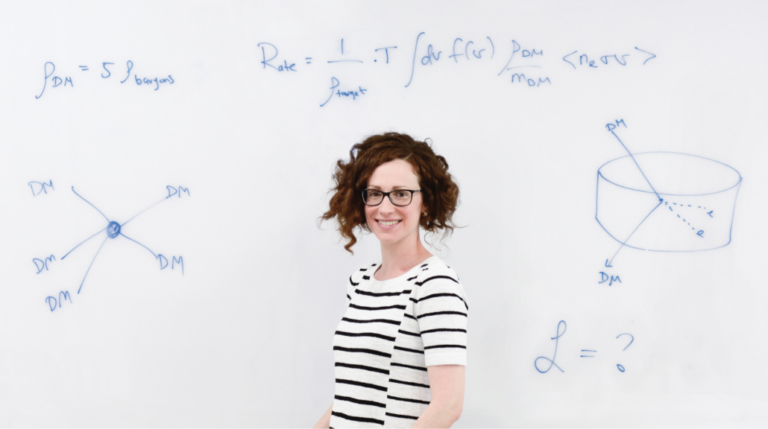
Shining a Light on Dark Matter
To unravel this baffling space phenomenon, physicist Yonit Hochberg is studying strongly interacting massive particles.
By Dan Falk
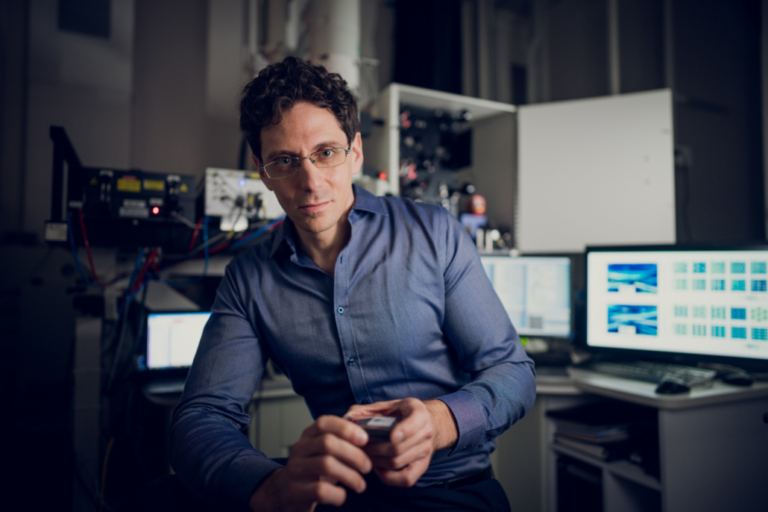
Down to the Last Detail
Using an innovative technique, quantum physicist Ido Kaminer is magnifying new possibilities in X-ray science.
By Diana Kwon
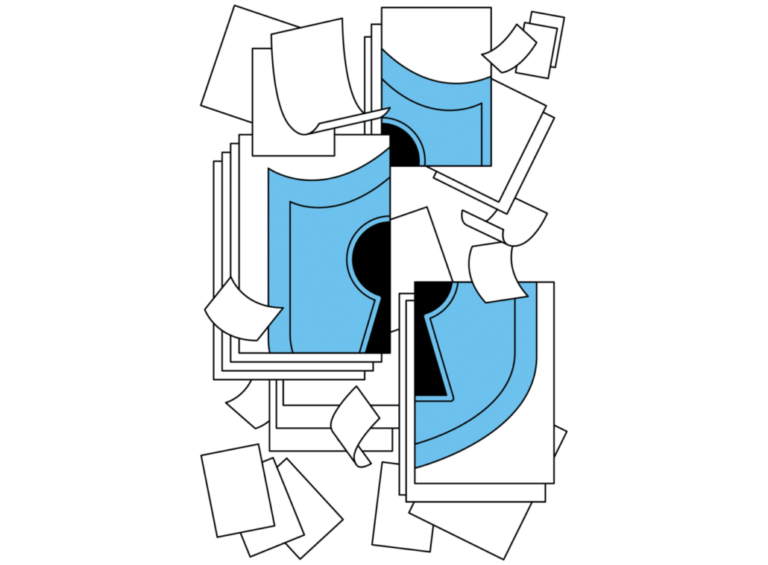
Uncovering the Complex Dynamics Shaping EU Cybersecurity Policy
The exponential rise of digital products in the “Internet of Things” (IoT) age offers us all convenience and efficiencies—but also makes us more vulnerable to cybersecurity attacks.
By Sharon Aschaiek

What Your Voice Reveals—or Doesn’t Reveal—About Your Feelings
“I can hear it in your voice.” It’s what we might say to a friend or relative who we think sounds highly emotional.
By Sharon Aschaiek
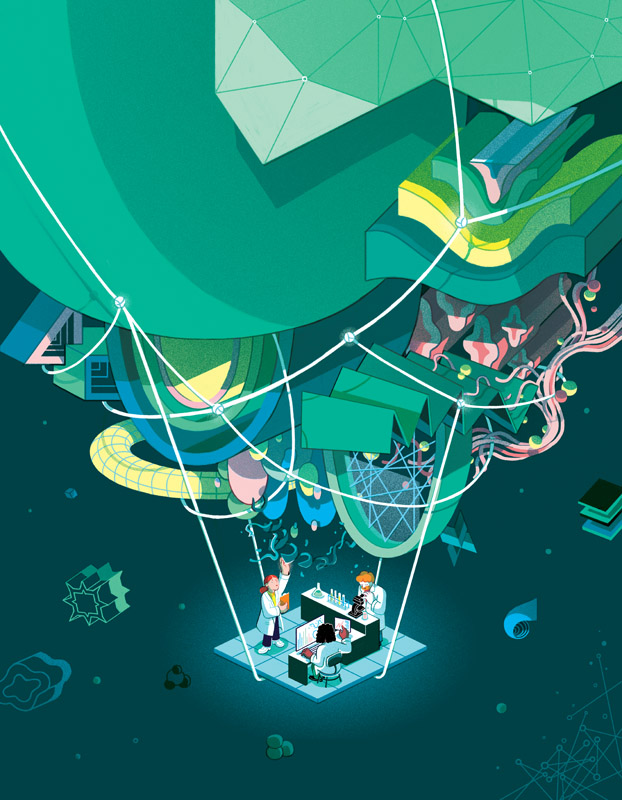
Harnessing Science to Advance Human Health
Innovative research in immunology, epigenetics and genomics will help realize the promise of precision medicine.
By Mark Witten
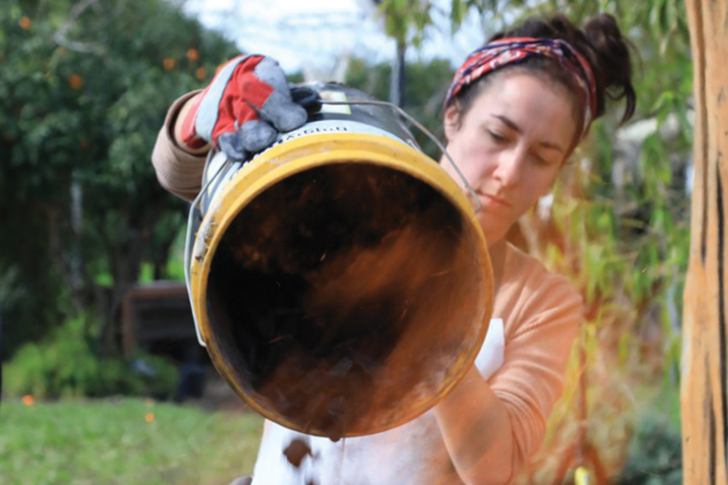
Unearthing Ancient Metalworking Practices
Artifacts discovered at an archeological dig in modern Israel reveal the impacts of the introduction of iron.
By Vanessa Workman, as told to Dan Falk
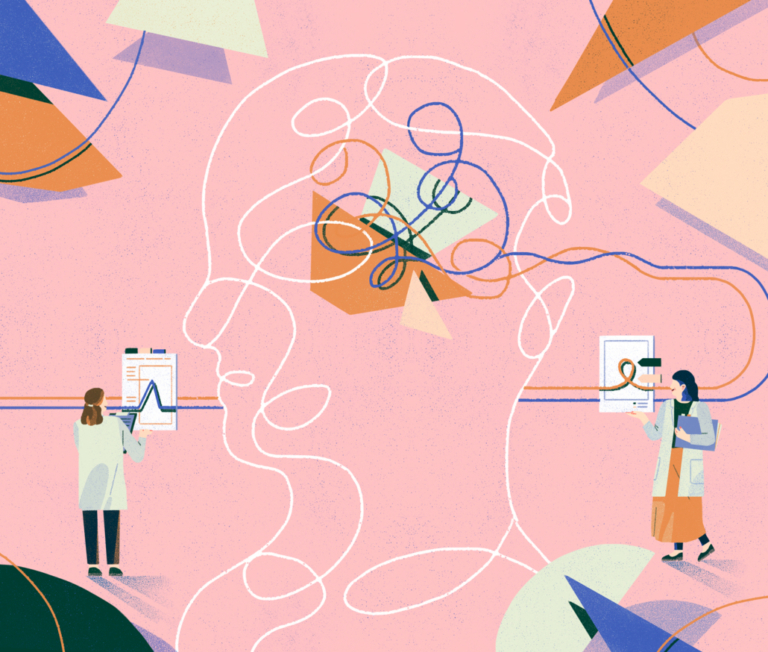
Untangling the Social and Empathy Dynamics of Autism
Psychological research is exploring this complex and increasingly common neurodevelopmental condition through the lens of neurodiversity.
By Sharon Aschaiek

Science that Serves Sustainability
New discoveries in energy production, agricultural productivity and chemical catalysis could help clean and protect our planet.
By Pippa Wysong
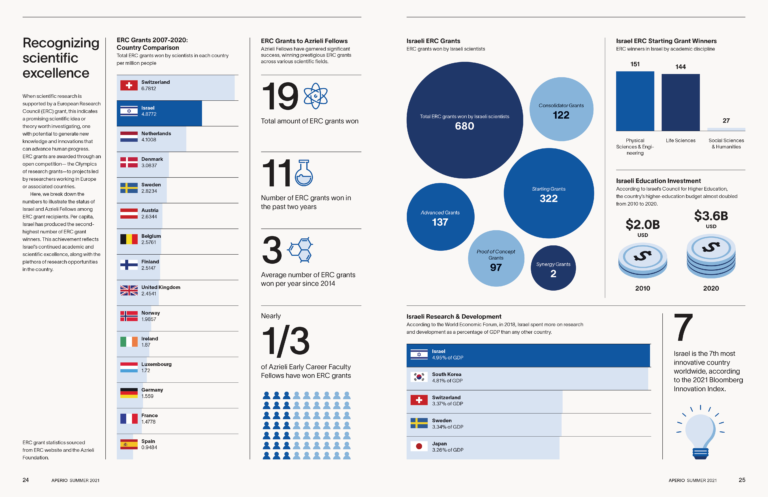
Recognizing Scientific Excellence
Breaking down the numbers to illustrate the status of Israel and Azrieli Fellows among European Research Council (ERC) grant recipients.
By the Azrieli Fellows Program
Aperio Magazine
Aperio is a magazine produced by the Azrieli Fellows Program, which empowers promising academics through opportunities to conduct cutting-edge research at elite higher education institutions in Israel. The program is operated by the Azrieli Foundation, which aims to improve the lives of present and future generations through philanthropic initiatives in education, research, health care and the arts, mainly in Canada and Israel.
Aperio magazine is available in English only.
About the Editorial Team
See the Full Issue
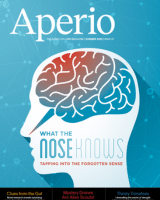
PREVIOUS ISSUES
Have information and updates about the Azrieli Fellows Program sent directly to your inbox.
The Azrieli Fellowship
Learn more today
